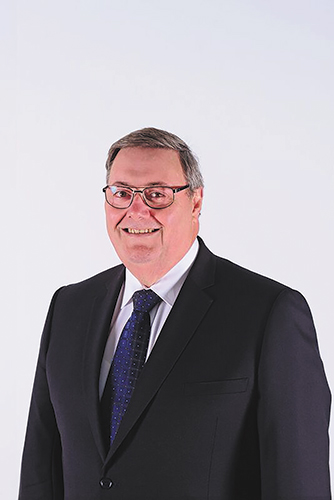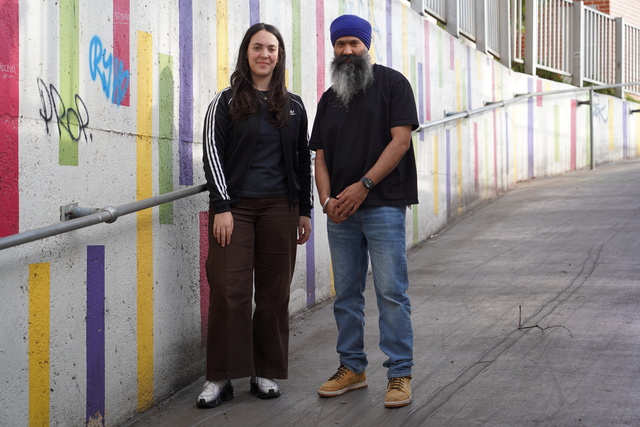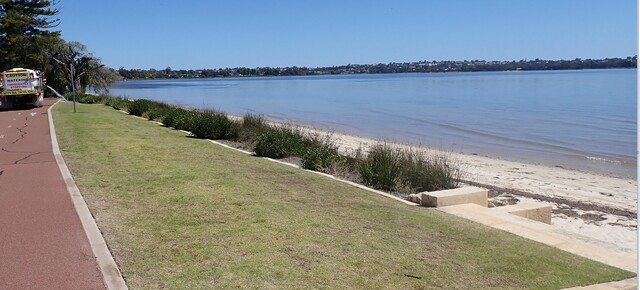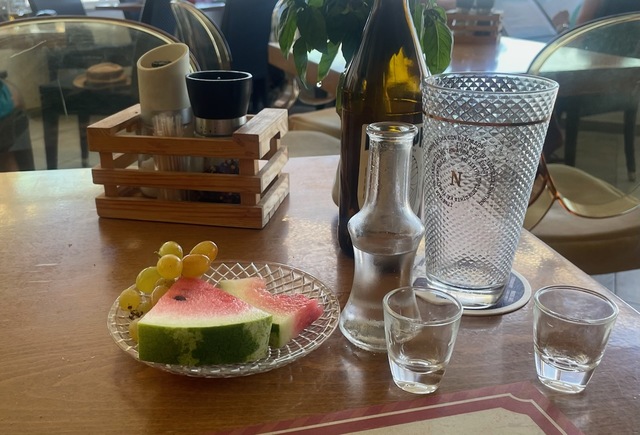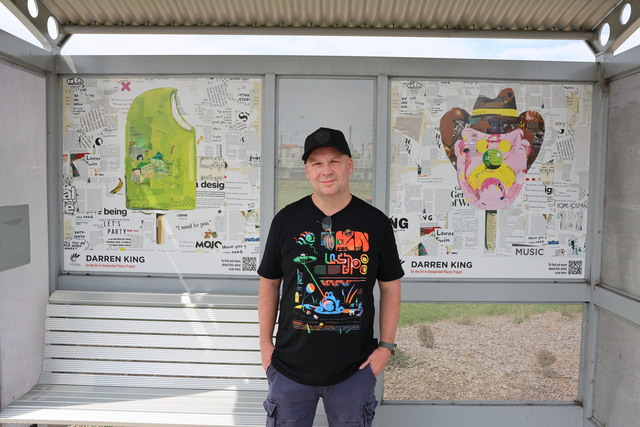Multicultural country
Our council area – which is a very small spot on the map – is surrounded by 200-plus remote communities. Many people travel to Alice Springs for sport, for health and for supplies. We manage a small spot in the middle, but we are a service centre for such a huge mass of land.
Throughout last year, Alice Springs Town Council had some involvement in at least 100 community events – on average, we’re doing two a week. We have the world famous Henley on Todd, the dry riverboat regatta – ‘the most fun you can have without getting wet’. We have the Alice Springs running festival; we have the Finke Desert race, a massive mountain bike, six-day event; and the Alice Springs Masters Games – so there’s always something going on.
Of course the scenery of Central Australia is an attraction. We have nearly 300,000 visitors a year here and Indigenous culture and art is a very important part of that attraction. My favourite part of our area is the people, because we have such a diverse community: 23 percent of our community are local Central Arrernte people, 22 percent of our community are people who were born overseas – there’s 30 odd different nationalities. The centre of Australia has always attracted a lot of people from overseas and for that reason we’re a pretty multicultural community.
Family support
I was elected mayor in 2008. I have lived here all my life, but I’d never really seriously considered standing for council, I had always been busy in my own business. It was suggested to me by the previous mayor in late-2007 that I should contemplate the role. With her prompting, that encouraged me to nominate for the position.
I don’t have any businesses anymore – I’ve sold those. This role is definitely full time. There are other jobs that come with it. I’m currently the President of the Local Government Association of the Northern Territory and with that, at the last meeting at the national general assembly, I got elected as Vice President of ALGA. I’m also a commissioner on the Northern Territory grants commission, and with us having such a big footprint that takes a bit of work each year. I have another position that is also important – I chair the Central Australian Health Service.
My family is very supportive. My wife and I have three daughters. Council has a Heart Foundation Walking Group, so every Saturday morning we do that. We average about 45 walkers and one of my daughters comes to that. All through the football season I commentate local AFL football. I do a game every Sunday on local radio – that’s always a bit of fun. On Sunday evenings my family gets together to have a barbeque tea.
Challenges and successes
In the first two years I was in the job, we created a ‘cash for containers’ scheme, where we took empty drink containers and paid a reward of 5 cents. We approached the Territory Government and got a grant of about $900,000 to put in a glass crushing plant. So, the glass is no longer stored in our landfill, we crush it and turn it into sand. Now when we lay footpaths, we use crushed glass as a replacement for river sand. By the time we had collected 17 million containers, the Territory Government finally stepped up and created container deposit legislation. So we feel vey proud of the fact that we helped highlight the issue.
In terms of challenges, similarly to a lot of local government areas across Australia, the non-indexation of federal assistance grants over the last three years has put a strain on our resources. There’s only a small part of our physical mass of 400 square kilometres that is rateable; we have just under 10,000 ratepayers, so we rely heavily on Federal and Territory grants. Grants have been smaller over recent years, yet there is more expected of council in infrastructure and in services. So funding is an issue.
At the moment we’re building a $6.5 million indoor netball stadium. Netball is the largest participation sport in our town at the moment with nearly 1100 women and girls playing it every week. They’ve always played on outdoor asphalt courts and when our youngsters go away to nationals, they’re always at a disadvantage because everyone they’re playing against plays most of their career on wooden sprung floors. We’re providing four indoor sprung courts. ($4.5 million out of the Territory Government and $1.5 million out of Council and half a million from a philanthropist in the town.)
We’re also constructing a chapel at the cemetery. It’s one of those things that lots of communities across Australia have, but we didn’t have.
The best job in town
I think being mayor is the best job in Alice Springs. You meet so many people. The ability to be able to do things to help people: I think that’s the fun of it. Alice Springs has a really large volunteer base. The events we have couldn’t happen without volunteers. In my position as mayor, I am involved in so many events, basically as a volunteer, and I think that’s a terrific part of the job.
I haven’t found any drawbacks to the job yet. Everyone who comes to you with a challenge is just looking for a solution. When the community want to do something and they have frustrations with the process, they expect council to help, on a whole range of things. All of the issues are very interesting and you just have to take them all on.
Into the future, the more harmonious the town is, the cleaner the town is, the bigger array of events the town can hold, all is well. If people recognise that I’ve done some small part in helping that, then that’s okay by me. But, it’s not really about me; it’s about what Council does for everybody else.

